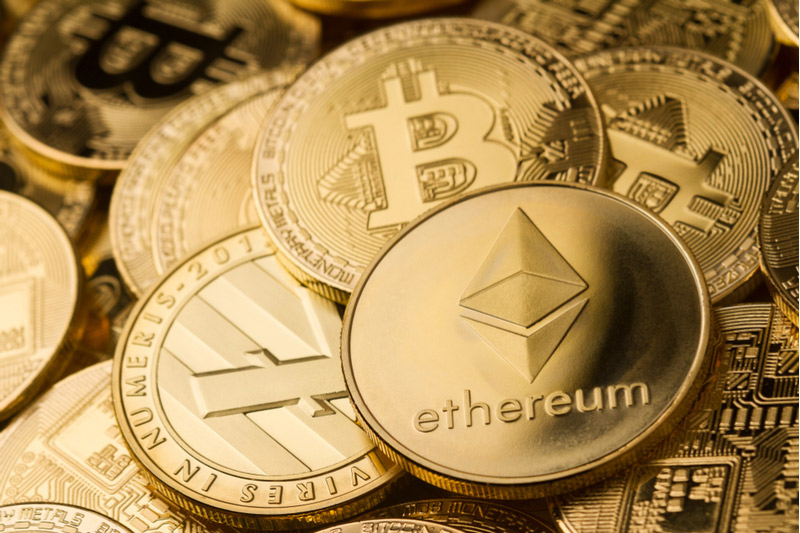Quentin Tarantino Ends ‘Pulp Fiction’ NFT Lawsuit Over DailyCoin Copyright Infringement
 Quentin Tarantino drops NFT ‘Pulp Fiction’ copyright infringement lawsuit
Quentin Tarantino drops NFT ‘Pulp Fiction’ copyright infringement lawsuitAcclaimed filmmaker Quentin Tarantino and film studio Miramax have settled their long-running “uncut script scenes” NFT dispute. according to court filingboth parties agreed to drop the lawsuit.
NFT infringes copyright
Miramax sued Tarantino in November 2021 after he announced the NFT auction of “uncut script scenes” from “Pulp Fiction.” The film studio claimed to own all the distribution rights to the film.
At that time, Marimax built its own NFT strategy. According to studio attorney Bart Williams, “this one-time effort devalues the NFT rights to ‘Pulp Fiction,’ which Miramax intends to maximize through a strategic, comprehensive approach.”
Tarantino’s team argued that because NFTs did not exist at the time of the film’s release, they did not fall within the realm of prohibited media for redistribution.
The first NFT from Tarantino’s collection was sold at auction in January 2022 for more than $1 million. Further NFT sales were canceled due to the dispute.
In the auction’s original press release, Secret Network claimed that Tarantino owned “exclusive rights to publish his Pulp Fiction screenplay and the original, handwritten copy has remained a personal creative treasure he has kept private for decades.”
After the months-long battle, the film company reportedly intends to withdraw its case within two weeks and cooperate with the filmmaker on future projects, including NFTs.
“The parties have agreed to put this matter behind them and look forward to working together on future projects, including possible NFTs,” Tarantino and Miramax said in a joint statement.
Tarantino and Miramax have collaborated on successful films such as Kill Bill: Volumes 1 and 2. Since its premiere in 1994, Pulp Fiction has grossed $107.93 million in the United States and $213 million internationally.
NFTs are still a gray area in a copyright law
NFT technology stormed the digital intellectual property arena recently, so it remains a headache for regulators and copyright defenders.
The minting and sale of NFTs is largely unregulated, but they are also widely available to a global audience. While there have been decades of disputes over artists’ resale royalty rights in the US, NFTs offer potential solutions for artists in this regard.
The sale of an NFT does not necessarily transfer the underlying copyright in the work that exists “off-chain” to the buyer. When you sell a physical copy of a creative work, the transfer of the underlying copyright is up to the creator or the last copyright owner.
Under US copyright law, the creation of an NFT can be categorized as a copy or derivative of the original work. This means that the copyright holder is and should be the only one with the authority to transform the original work into an NFT.
On the other side
- Following the backlash, NFT marketplace Opensea recently updated its policies and safeguards to protect users from plagiarism and fraud.
- On July 1, 2021, Larva Labs, a well-known NFT developer, submitted a Digital Millennium Copyright Act (DMCA) takedown request to the NFT Platform Foundation for the online exhibition of CryptoPunk works provided by Ryder Ripps as his own.
Why you should care
The lawsuit was seen by many as a classic example of Web2 copyright laws being applied in a Web3 environment. Since the NFT industry is still young and developing, copyright regulations are still vague.
Read more about how blockchain is revolutionizing the film industry:
Would “Game of Thrones” have ended differently if it was on Blockchain?
Decentralization of the film industry for better financing
Continue reading at DailyCoin


